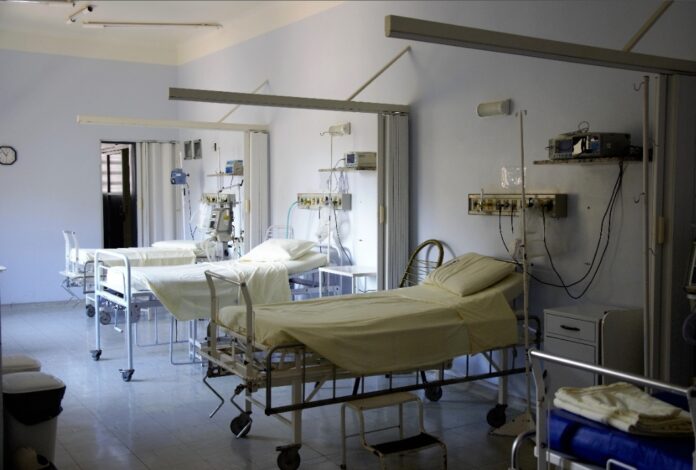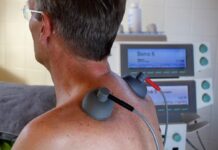Efficient hospital and medical storage solutions are essential to ensure the smooth operation of healthcare facilities. Proper storage systems not only improve workflow and organization but also contribute to patient safety and infection control. This article explores innovative storage solutions specifically designed for hospitals and medical environments, highlighting their benefits and practical applications.
Mobile Medical Carts
Mobile medical carts are versatile and efficient storage solutions that allow healthcare professionals to have essential supplies and equipment readily available at the point of care. These carts often feature adjustable shelves, drawers, and compartments to accommodate various medical supplies, medications, and devices. Equipped with wheels, they can be easily moved throughout the facility, enabling quick access and enhanced workflow.
Benefits
- Increased mobility and accessibility of medical supplies.
- Streamlined workflows and improved efficiency.
- Enhanced patient safety by providing immediate access to necessary items during emergencies.
- Integration of technology, such as electronic medical records (EMRs) or barcode scanning, for seamless documentation and inventory management.
Applications
- Medication administration and management.
- Emergency response and code blue teams.
- Point-of-care testing and diagnostics.
- Procedure preparation and documentation.
Modular Casework Systems
Modular casework systems are customizable storage solutions that offer flexibility and adaptability to changing healthcare environments. These systems consist of interchangeable cabinets, drawers, and shelves that can be rearranged to meet specific storage needs. Modular casework can be designed to accommodate supplies, instruments, and equipment of various sizes, optimizing space utilization.
Benefits
- Customizable configurations to match specific storage requirements.
- Modular design allows for easy reconfiguration and expansion as needs evolve.
- Durability and infection control features, such as antimicrobial surfaces and easy-to-clean materials.
- Integration with technology, such as RFID tracking, for inventory management.
Applications
- Central supply storage.
- Sterile instrument storage.
- Pharmacy and medication management.
- Laboratory supplies and equipment storage.
- Linen and uniform management.
Automated Vertical Storage Systems
Automated vertical storage systems, such as vertical carousels or vertical lift modules (VLMs), provide high-density storage solutions for hospitals and medical facilities. These systems utilize vertical space and employ automated retrieval mechanisms, eliminating the need for manual searching and reducing the risk of errors. With the push of a button, the storage system rotates or lifts to deliver the requested items to the user.
Benefits
- Maximized storage capacity in limited floor space.
- Improved inventory management and tracking with integrated software and barcode scanning.
- Time savings and increased productivity by minimizing manual searching and retrieval.
- Enhanced security and controlled access to valuable or sensitive items.
Applications
- Pharmacy and medication storage and retrieval.
- Sterile supply storage.
- Surgical instrument management.
- Laboratory samples and specimens.
- Imaging and diagnostic film storage.
Conclusion
Effective storage solutions are vital in hospital and medical environments to support efficient workflows, improve patient care, and ensure infection control. Mobile medical carts, modular casework systems, and automated vertical storage systems offer innovative approaches to address the unique storage needs of healthcare facilities. By implementing these solutions, hospitals can enhance organization, optimize space utilization, streamline processes, and ultimately provide better care for patients. Investing in the right storage systems tailored to the specific requirements of each department or area within a healthcare facility can have a significant positive impact on overall operational efficiency and patient outcomes.





